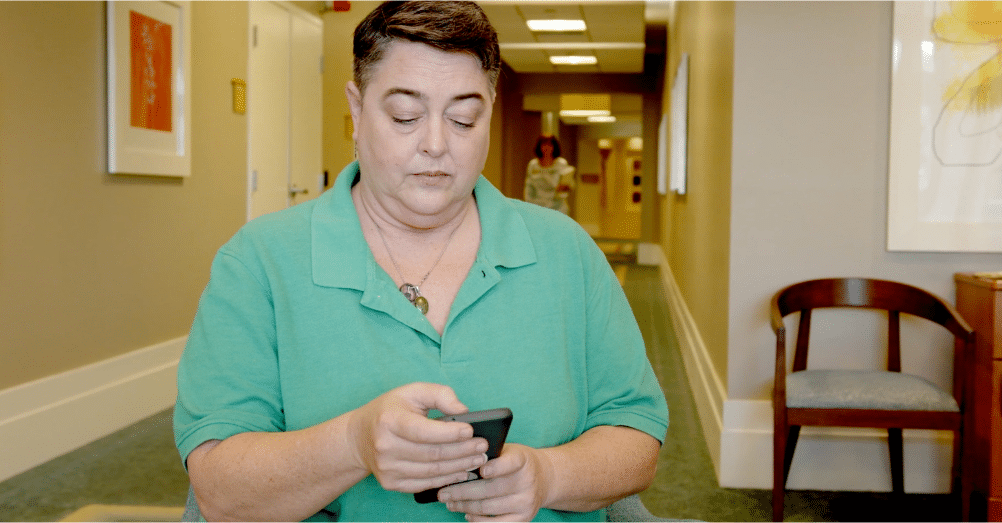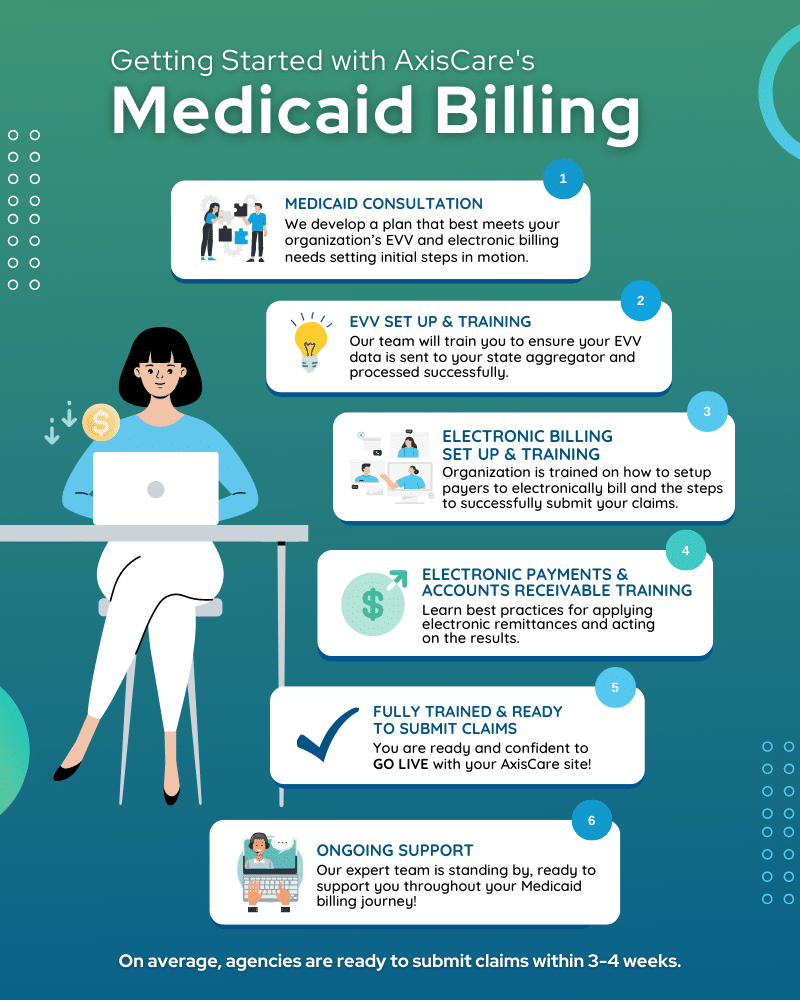A three–part series by Stephen Tweed, CEO of
Leading Home Care … a Tweed Jeffries company
Part II: The Causes of Scheduler Frustration, Burnout, and Turnover
If you have heard me speak or read my weekly newsletter, Stephen Tweed’s Thursday Thoughts, you know that my friends call me “Data Man.” I am a huge fan of facts and data to understand our industry, and to make strategic business decisions. However, no one has collected data about scheduler turnover. All we have is loads of anecdotal examples and insights from industry leading home care CEOs.
This issue first came to my attention about five years ago in a meeting of our Strategic Growth Mastermind Group in the Home Care CEO Forum. We were meeting in-person at the offices of Home Care of the Rockies in Longmont, CO. Sandi McCann was the founder and CEO, and she was a wonderful host for our Mastermind Group. As Sandi showed us around her offices, and introduced us to her team, she explained to the group about the challenges she had been having with burnout and turnover of schedulers. This led to an in-depth conversation among the group about this challenge.
I raised this issue with our other Home Care CEO Mastermind Groups, and the owners and CEOs of these member companies confirmed that they were having similar experiences. Through a series of interviews with home care industry thought leaders, we identified five specific causes of Home Care scheduler burnout.
Five Causes of Home Care Scheduler Burnout and Turnover
1. On-Call Evenings and Weekends
Most home care agency schedulers will tell you that taking on-call is horrific. They absolutely hate being tied to their phone all night or over the weekend taking calls from caregivers and clients, trying to fill shifts from callouts. They tell us that being on-call is exhausting, frustrating, and it takes away family time.
Those agencies who have found alternatives to having schedulers take on-call have made a major impact on the burnout and turnover of their schedulers.
2. The Constant Urgency of a 911 Operator
The scheduling job is fast paced, urgent, and filled with pressure. Every incoming call feels like a 911 call, and the schedulers who deal with this have the even-keeled personality and temperament of a 911 operator.
This constant stress is created by several factors. The shortage of caregivers is a huge issue. It’s hard enough to fill a schedule when you don’t have enough caregivers, and it gets more challenging when scheduled caregivers call off.
Our research shows that many people hired into this scheduling role do not have the temperament, problem-solving skills, and communication skills to deal with this steady barrage of emergencies.
3. Decision Fatigue
Decision fatigue is a phenomenon where making many decisions over a period of time can impair your ability to make further, high-quality decisions. It’s essentially mental exhaustion from the cognitive effort required for decision-making.
It can make you feel drained, leading to poor choices, impulsive actions, or even avoiding further decisions.
4. Being Siloed
Often, home care schedulers work alone, dealing with a complex scheduling process, demanding clients, and unreliable caregivers. Schedulers tell us they feel all alone, with no one to talk with about their challenges and concerns.
This is exacerbated by office layouts where schedulers are often stuck in a back office out of the mainstream of office activity and conversation.
5. The Demanding Nature of the Job
Scheduling is a critical job. If the schedule is not completed, clients may go without care, and caregivers don’t get the hours they need, and the take-home pay to meet their bills. This is made more difficult if the home care agency does not have clear boundaries and expectations around scheduling.
The scheduler is required to make decisions without guidance and then gets blamed or reprimanded for making the wrong decision. Schedulers need to know what they can promise, and that they will be supported by company leadership in fulfilling the promise.
Everyone wants to feel like their work is making a difference. These five causes of burnout often leave schedulers asking, “Is it really worth it?”
Stephen Tweed is a home care industry strategic advisor, researcher, and thought leader. He is the CEO of Leading Home Care … a Tweed Jeffries company based in Louisville, KY, and the Founder of the Home Care CEO Forum, based in Federal Way, WA.










